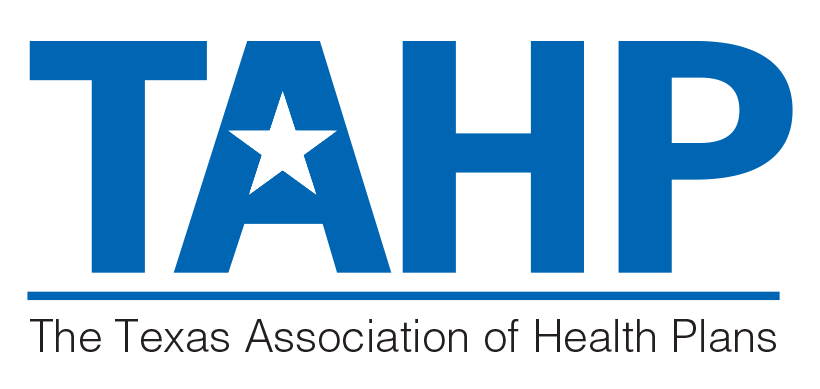
New Texas Medicaid Law Protects Families from Drug Shortages
Complete Coverage

By: TAHP | Thursday, November 30, 2023
What’s new? A new Texas law will significantly improve medication access for over 4 million Medicaid and CHIP patients, including when drug shortages leave families scrambling to cover health needs.
- HB 3286 by Rep. Klick and Sen. Hancock includes crucial patient safeguards to prevent patients from being switched away from effective medications or being denied drugs due to shortages.
Why it matters: New data shows a worrying trend – over 300 drugs have been in short supply throughout 2023, marking the highest shortage levels in a decade. Lifesaving drugs, chronic illness medications, and mental health treatments are all being impacted by shortages; frustrating families, risking patient safety, and potentially worsening conditions.
Go back: As lawmakers headed to Austin this past legislative session, drug shortages with crucial medications, like adderall, were reaching record highs.
Tackling the problem:
- Prior challenges: Previously, Medicaid families often encountered medication denials, especially for drugs in shortage, due to restrictions linked to the state’s mandated “preferred drug list” (PDL). Nearly a third of these denials were directly linked to PDL limitations, leading to patients missing out on necessary treatments.
- HB 3286’s impact: This law empowers patients and health care providers to substitute drugs facing shortages without the lengthy prior approval process for drugs not on the PDL.
Understanding the PDL: The Texas Medicaid formulary’s PDL is influenced by rebates from drug manufacturers, impacting which drugs are easily accessible. HB 3286 aims to mitigate these limitations, especially during drug shortages.
But wait, there are more patient protections: Beyond addressing shortages, HB 3286 also:
- Allows doctors to prescribe non-preferred drugs without prior authorization if a preferred drug is ineffective or harmful.
- Removes the “fail first” requirement on preferred drugs outside a 180-day window, reducing repeated unsuccessful treatments.
- Ensures patients receiving in-patient mental health treatment can stay on the prescriptions that work for them when they finish treatment, even if that drug isn’t preferred.
Broad support: The law garnered support from Medicaid managed care plans, patient advocates, and physician groups.
The bottom line: HB 3286, once implemented, will go a long way in ensuring consistent access to medications for Medicaid patients. The implementation of these changes, expected this spring, will alleviate the burdens of drug shortages and enhance patient protections.
Go deeper: Discover the details of HB 3286 and other key health care laws from the latest legislative session in our session highlights, here.
Stay updated on the latest TAHP news

Articles written by TAHP’s team of policy experts that examine the research, trends, and impact of the most important health care policy issues facing Texas and the country today.

Weekly news clips assembled by the TAHP team that highlight the top headlines from the health insurance and health care worlds, as well as important political updates.
